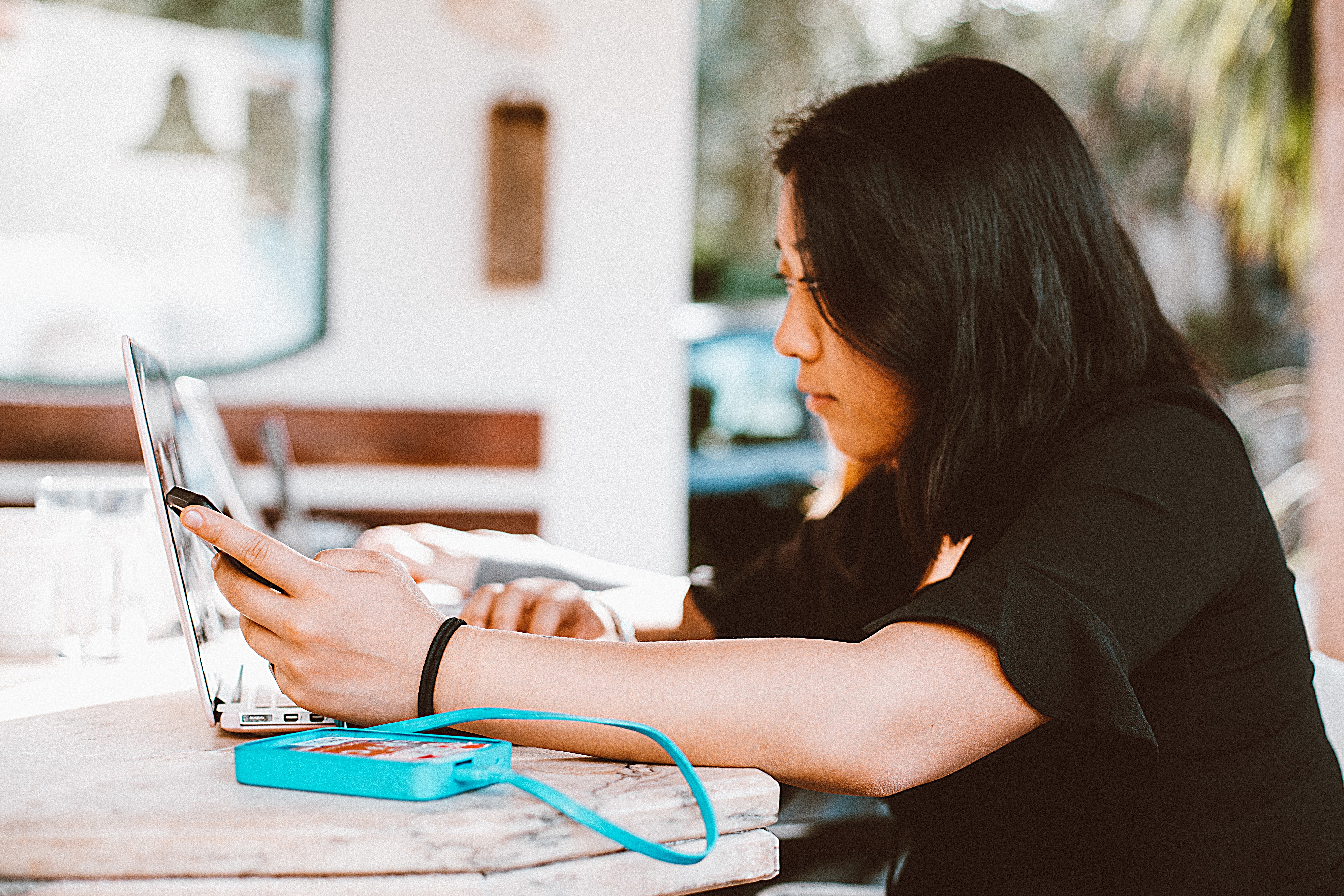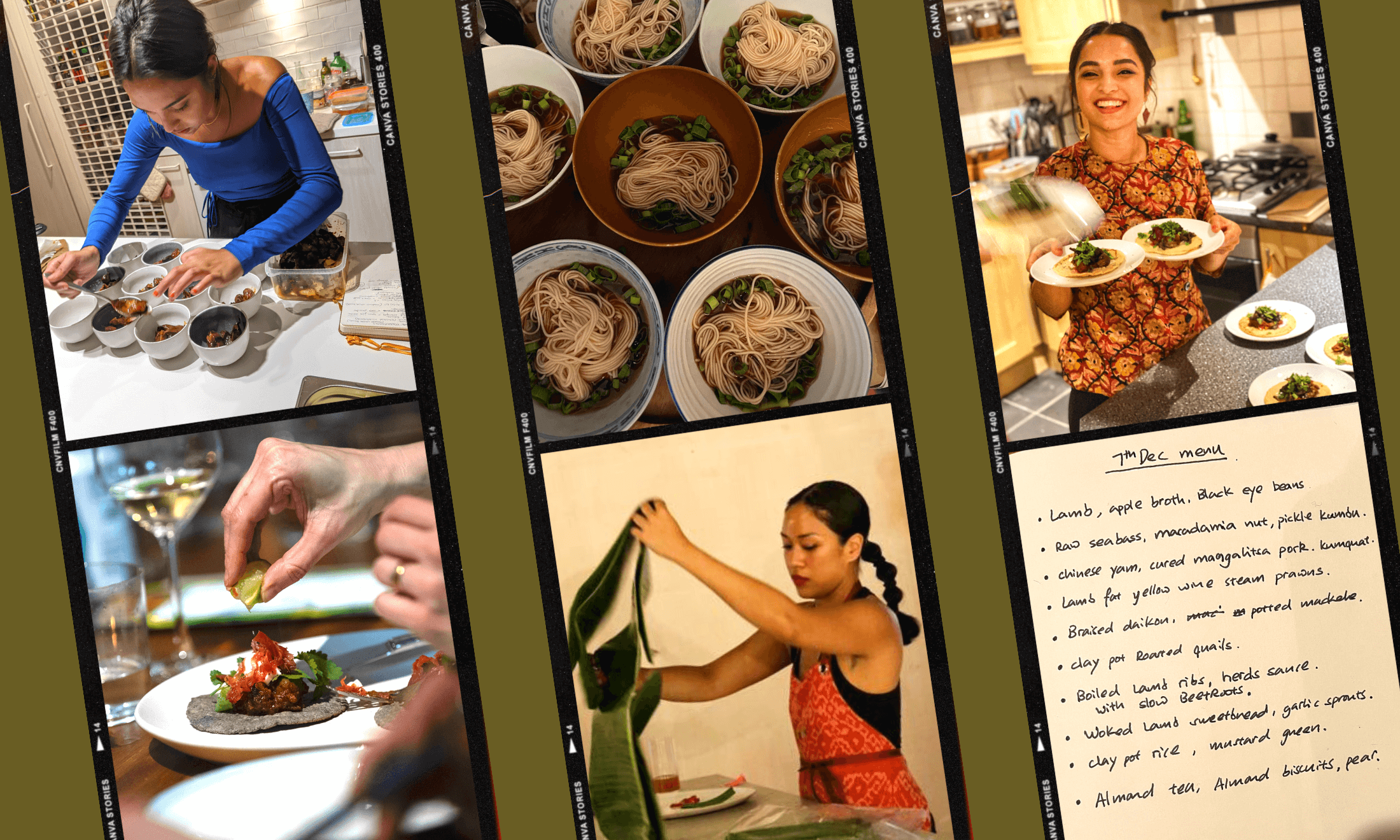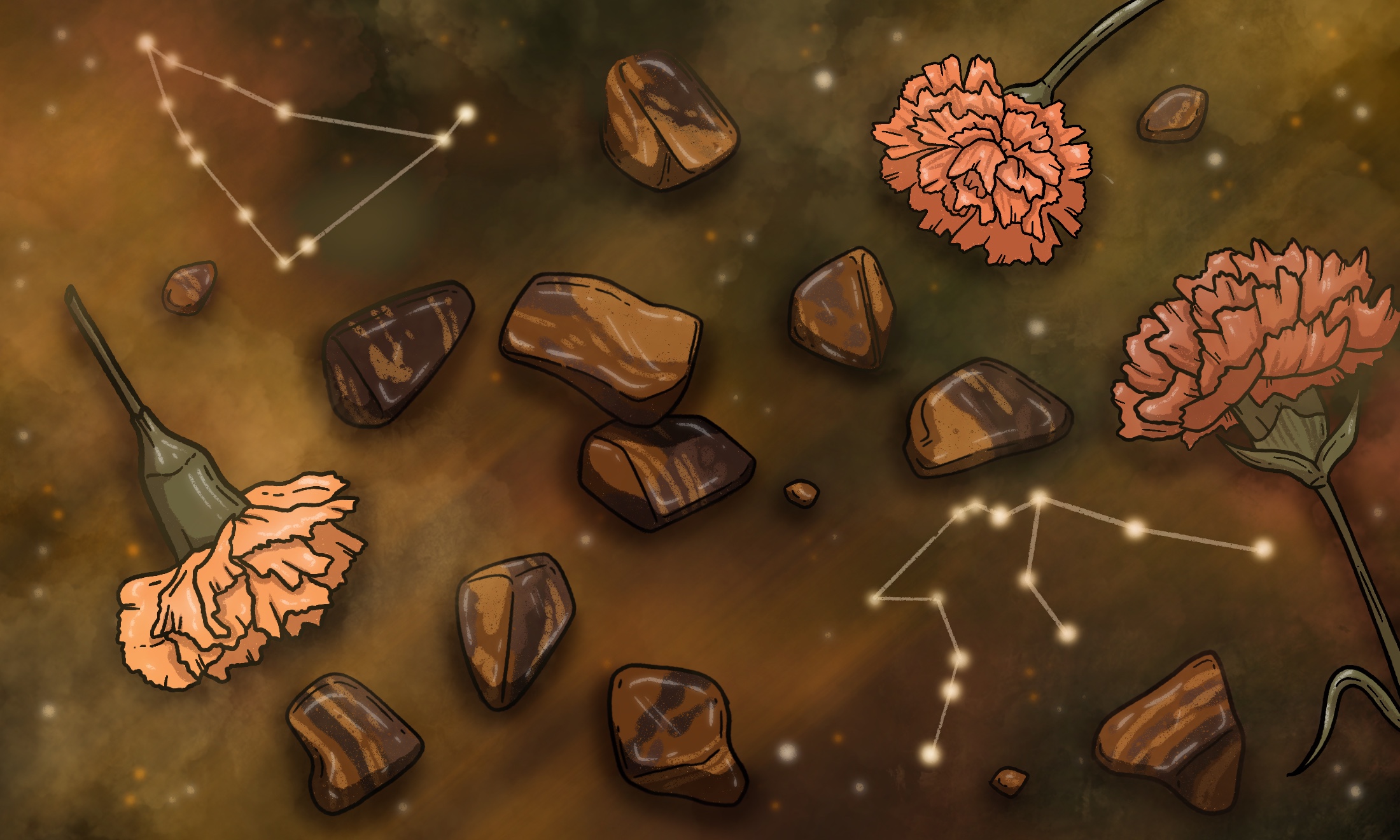
Photography by Daria Shevtsova
Like most people, I’ve been consumed with productivity and multitasking. Even now, writing this, I’m trying my best to ignore the texts flashing up on my phone, avoid checking the news and prevent myself from popping a podcast on. Nowadays, there’s a pressure to do more, be more and show more and it can feel as if there are simply not enough hours in the day.
Young people are obsessed with making the most of every second. We flatter ourselves that constant mental juggling means we are working to our maximum ability, but it’s actually detrimental to our lifestyles. Trying to reach exceptional levels on the daily grind is an issue that has aggravated the anxiety levels of myself and many close friends. MIT scientist Earl Miller has observed that “when people think they’re multitasking, they’re actually just switching from one task to another very rapidly. And every time they do, there’s a cognitive cost.” Multitasking overwhelms our brains and bodies. It has been proven to increase stress and cause our thoughts to become clouded. Moreover, studies at Stanford, York and UCL have discovered that juggling several tasks results in decreased levels of comprehension, intelligence and effectiveness.
Giving ourselves and our responsibilities in space to breathe is important. By piling tasks on top of one another, like plates in the kitchen sink, at some point it will all collapse. Allow yourself space to slow down. By breaking down tasks, you’ll find that your body and brain will become more effective. So, this is how you can restructure your habits and break free of the multi-tasking monster:
Learn your limits
At an age where it seems that you have to eat, live and breathe success in order to boost yourself up the career ladder, it can be hard to turn down opportunities. After all, maybe you could just cram in that extra assignment during your lunch break or do some research on your phone as you walk home? It’s a self-perpetuating cycle; the pressure to take on more, to show ourselves as capable and consequently achieve validation is suffocating.
Sometimes, you have to say no. Know yourself and be realistic. When offered opportunities, take a moment to breathe and weigh up your options. Think about your health, both physical and mental, and what you can truly cope with at that point in time. Remember that sleep is a priority. You have a whole lifetime of opportunities ahead of you, so pace yourself.
Ignore the social media noise
When presented with reams of glamorous, organised individuals, it’s hard to remind ourselves that social media is our peers’ highlight reel. That picture of a person typing an epic novel on a laptop whilst entertaining and cooking for their whole squad probably doesn’t tell the whole picture. Opt-out of this competition we’ve all unwittingly engaged in and realise that comparing how many plates you can spin vs how many balls they can juggle benefits no-one.
Also, make use of “Do Not Disturb”. Texts and emails lighting up your screen can cause you to rapidly switch away from the task at hand as the distraction presents you with a choice to make – respond or ignore? By removing this pressing obstacle, your brain remains attentive. Extend this. Turn off notifications and give yourself clear time periods in which to address them. Allow yourself the power of structuring your day, rather than letting technology disrupt it.
Nourish your relationships
When out for dinner with your closest friends, get off your phone! Treating time with your loved ones as one of your many tasks can diminish their self-worth. It’s important to take care of your support network as they take care of you. Spend valued time together. Try and be fully present and in the moment, as doing so will enable your focus, boost your happiness and nourish your mental health.
When you relax, actually relax
Sometimes, the act of relaxing can morph into an exercise in efficiency. Tasks are combined; perhaps you paint your nails and eat a snack whilst watching Netflix and chatting to a friend via text. It’s important to be actively mindful. Break up your downtime. Try to allow your relaxation moments as much space to breathe as well as your concentrated work times.
Developing a healthy relationship with food is a brilliant way of becoming better at uni-tasking and teaching yourself to direct your attention to single tasks. When you’re cooking or eating, concentrate on tasting flavours and experiencing textures. Try eating a meal in silence and think about how your body and mind is responding to this.
Be kind to yourself
Uni-tasking is simply another skill to add to your self-care toolkit. There will be times when responsibilities pile up and you have to multi-task to manage everything – this happens! Re-training habits is a gradual process but in the long run, you’ll find your attention, relationships and health will benefit. Do your best, focus and find your calm.
This is part of the #SELFCARESUNDAYS series









